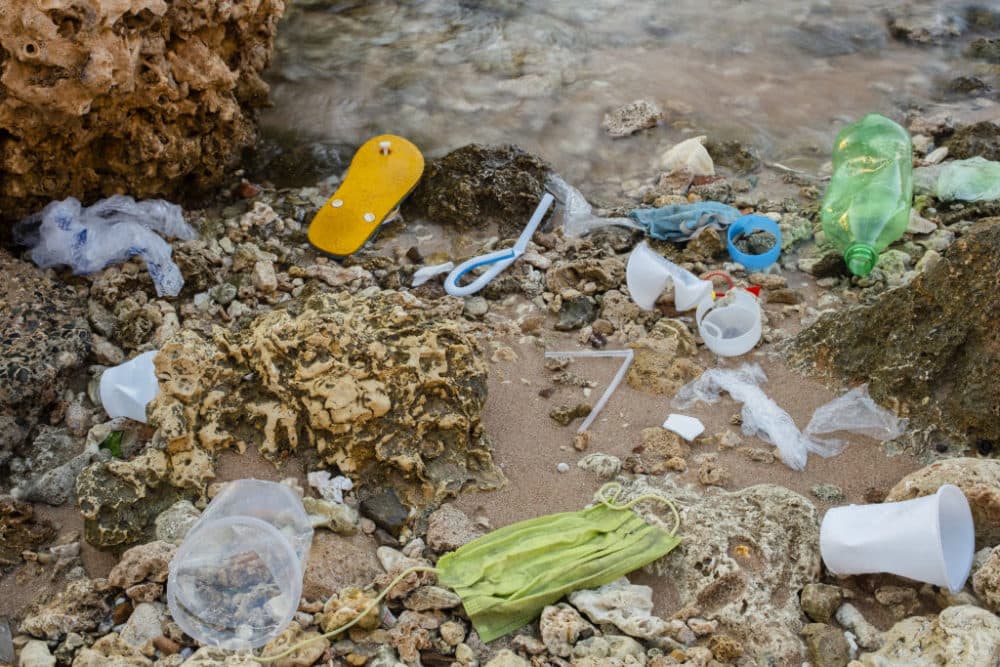Advertisement
Increasing Ocean Pollution Poses Threat To Human Health, New Study Claims
Resume
The worsening state of the world's oceans could have major health consequences for humans, according to a new study.
The report, published in Annals of Global Health, links widespread, human-caused ocean pollution to seafood contamination, dangerous infections and threats to the planet's oxygen supply.
But it also offers optimism that it's not too late to turn things around for the oceans — and for ourselves.
Dr. Philip Landrigan, a pediatrician and public health physician who directs Boston College's Global Observatory on Pollution and Health, joined WBUR's Morning Edition to talk about the findings.
Highlights from this interview have been lightly edited for clarity.
Interview Highlights
On the study's findings
What we've come to realize is that ocean pollution is a very complicated mix of many different things. Plastic pollution is the part of it that has received the most attention for obvious reasons — it's visible; it's there. We've all seen these horrific pictures of the whales and the turtles with their bellies full of plastic. But beneath the plastic, there are a whole series of other pollutants that are invisibly making the oceans less safe and coming back and hurting human health.
Think of them as little Trojan horses that carry with them carcinogens, flame retardants [and] chemicals that can interfere with endocrine signaling. And when those chemicals get into the human body, they are so small that they can travel through the bloodstream to reach every organ of the body and push up the risk of a number of diseases.
On the health impacts he's seen as a physician
I think the place where I have seen the effects of ocean pollution most clearly has been in children who have had early-life exposure to mercury. And so when a woman --- especially a pregnant woman — eats contaminated fish, that mercury passes through her body into her baby's body and can cause brain damage, can cause loss of IQ, attention deficit disorder, even increased risk for autism.
We know, of course, that nobody is exposed to any one environmental threat in isolation. Another potential connection is that some of the chemicals that are in the oceans — mercury's one — can weaken the immune system. We know, for example, that children who receive immunizations and have high levels of these chemicals in their body don't form as robust an antibody response to the vaccination. So I think it's very possible that some of the chemicals in the oceans are increasing susceptibility to COVID-19 into whatever pandemic comes along in the next time around.
On how to reverse ocean pollution
We've controlled air pollution and drinking water pollution or other forms of land-based pollution through a combination of strategies, law and policy regulation, and all of that backed up by political leadership. And there's no reason in the world that the same toolbox should not work to control ocean pollution. And in fact, in our report, we documented some great success stories where precisely these tools have been very effective in controlling ocean pollution. One shining example is Boston Harbor. Twenty-five years ago, Boston Harbor was referred to as a harbor of shame. Now it's a jewel. So we can do it, and we know how to do it. And these strategies are mature enough at this point that they're ready to be taken to scale.
This segment aired on December 3, 2020.

